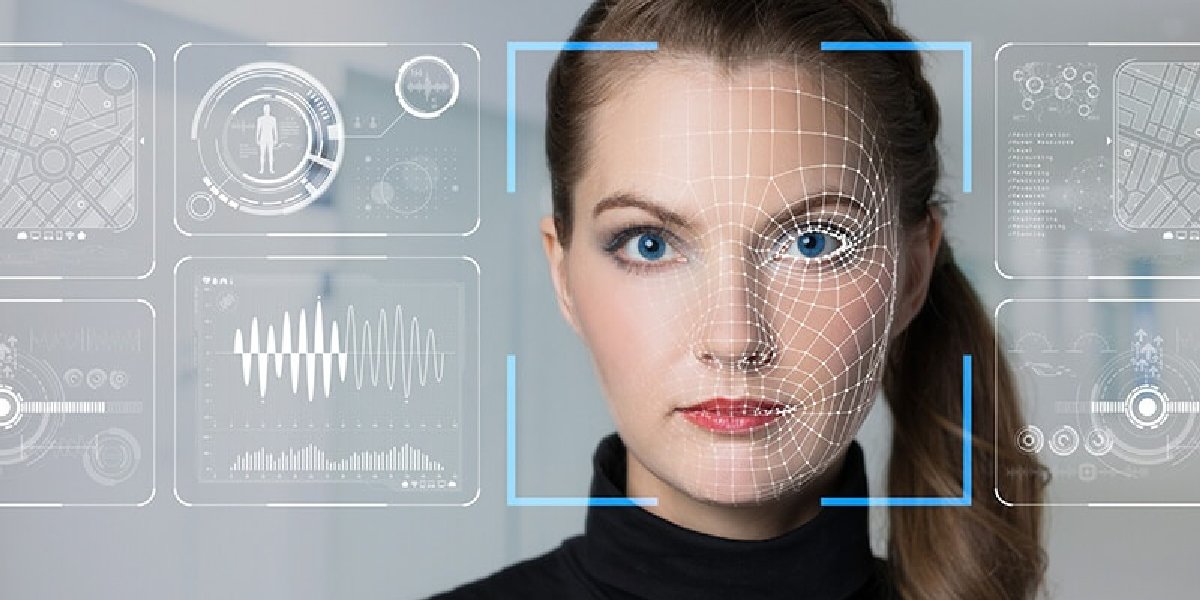Technology
Liveness Detection and User Experience: Striking the Right Balance & Responsible Implementation

Safeguarding digital identities and ensuring the integrity of confidential information has become crucial with technological advancements, as cyber fraudsters use sophisticated tactics to facilitate their nefarious maneuvers. Cybercriminals have become sophisticated to this level and can even dodge biometric authentication systems by using stolen or manipulatively acquired identities. Biometric identifiers such as fingerprints or facial patterns which are unique to each individual are considered resistant to spoofing, however, tech-savvy fraudsters have discovered ways to replicate or spoof biometric data. In the fight against spoofing attempts, liveness detection emerges as a beacon of security that accurately authenticates genuine users and actively flags fake identities.
Exploring Liveness Detection
By leveraging advanced AI algorithms which are trained on extensive datasets of real and fake identities, liveness detection technology confirms the liveness of the users indicating whether the claimed identity is a live person or a static image. The technology employs 3D facial recognition, depth sensing, or motion analysis to effectively distinguish between genuine and fabricated identities.
The person seeking to get access to the system comes in front of the specialized facial recognition camera and users are directed to make certain actions or movements. By analyzing and evaluating subtle movements or micro-expressions that are hard to mimic by static images or spoofed attacks, liveness detection effectively ensures the authenticity of the claimed identity.
Categories of Liveness Detection Technology & How They Work
There are various approaches to liveness detection technology, let’s briefly explore active and passive liveness detection and how these categories verify the liveness of the user.
-
Active Liveness Detection
Active liveness detection verifies the liveness of the claimed identity by requiring the user to perform specific actions like smiling, blinking, or moving the head in a certain direction. This technology employs depth sensing and motion analysis to evaluate the subtle-movements. A genuine person will actively perform the required actions, however it would be challenging for spoofed or fabricated identities to mimic humanistic gestures. This difference effectively flags the fabricated identities, reducing the risks of fraudulent activities.
-
Passive Liveness Detection
Passive liveness detection is a user-centric approach as it doesn’t require users to perform certain actions or movements, rather it captures a high-resolution image of the person and evaluates the facial data precisely. The technology looks for inconsistencies or minutely evaluates the texture details, as fake identities can’t rightly mimic skin texture or micro-expressing, indicating the presence of spoofed identities.
Significance of Improving User Convenience
Liveness detection online which is developed to confirm the authenticity of the user enhances the security of online identities and prevents the exploitation of stolen identities for fraudulent activities by actively flagging spoofed identities. User convenience is prioritized while developing security technology to enhance user acceptance.
User-friendly and hassle-free authentication
A smooth and efficient liveness detection process completing authentication of individuals without undergoing lengthy procedures enhances convenience and keeps them engaged. Moreover, the quick verification process makes it easy and simple for users to adopt the technology widely.
Minimize Use Inconvenience
A time-consuming or complicated authentication process makes the users frustrated and there are chances the users abandon the verification process without completing it. Quick verification confirming the legitimacy of the users makes the user content and promote a healthy verification culture.
Encourage User Acceptance
Raising awareness and educating users about the verification process makes it effortless for people to adopt the technology, leading to enhanced user acceptance and confidence in digital platforms. A positive user experience is the driving factor behind the widespread adoption of the technology.
How to Strike a Careful Balance between Security & Convenience
Security and user convenience come in hands in hands, maintaining the integrity of digital identities is important, meanwhile user convenience can’t be compromised. To strike a balance between security and convenience, it’s crucial to explore how different methods are favorable for users. Furthermore, cyber fraudsters are continually evolving their deceptive tactics to circumvent biometric authentication systems and conduct illegitimate activities. That’s why liveness detection technology must upgrade the verification strategies to stay ahead of the curve.
Integrating liveness detection online with other verification methods like OTPs or passwords, adds an extra layer of security making it challenging for fraudsters to evade authentication systems. 3D liveness detection which deploys motion analysis, texture analysis 3D depth sensing, and machine learning accurately verifies the genuine identities and flags fabricate identities by minutely analyzing subtle movements.
Final Thoughts
3D facial liveness detection acts as a powerful security tool against the battle of spoofed attempts and deepfakes. It reduces the risks of unauthorized access to services or systems by flagging fabricated identities in real time, making it harder for cyber fraudsters to bypass the authentication process. Despite the potential security measures, a complex or intrusive liveness detection process could frustrate users and hinder the widespread adoption of the technology. Therefore, it’s essential to develop strategies that can preserve a healthy balance between security and user convenience.
-

 Tech1 year ago
Tech1 year agoHow to Use a Temporary Number for WhatsApp
-

 Business2 years ago
Business2 years agoSepatuindonesia.com | Best Online Store in Indonesia
-

 Social Media1 year ago
Social Media1 year agoThe Best Methods to Download TikTok Videos Using SnapTik
-

 Technology1 year ago
Technology1 year agoTop High Paying Affiliate Programs
-

 Tech10 months ago
Tech10 months agoUnderstanding thejavasea.me Leaks Aio-TLP: A Comprehensive Guide
-

 FOOD1 year ago
FOOD1 year agoHow to Identify Pure Desi Ghee? Ultimate Guidelines for Purchasing Authentic Ghee Online
-

 Instagram3 years ago
Instagram3 years agoFree Instagram Auto Follower Without Login
-

 Instagram3 years ago
Instagram3 years agoFree Instagram Follower Without Login



















